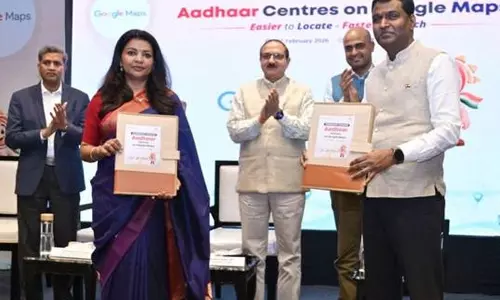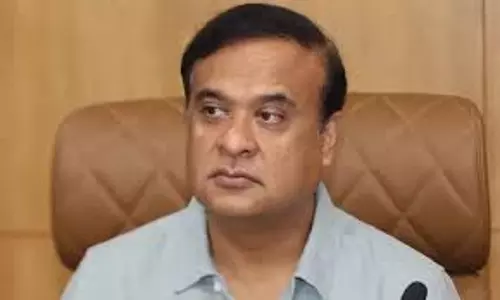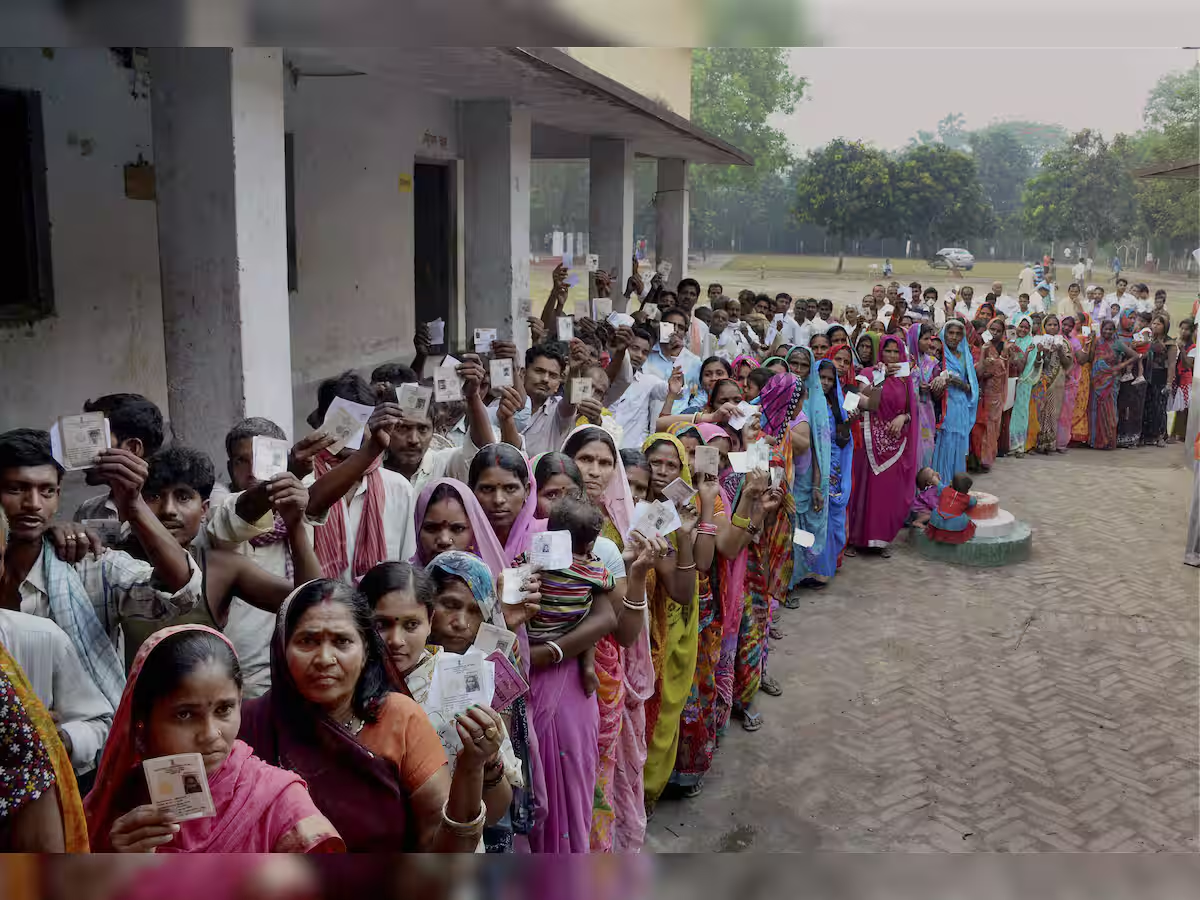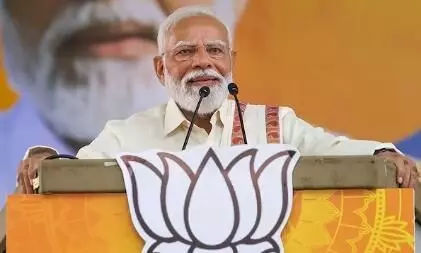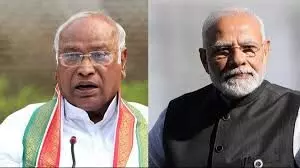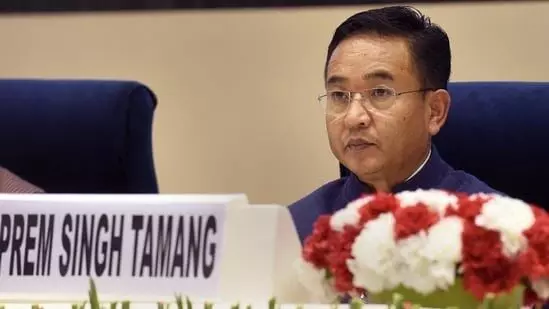
An election where the poll body failed
text_fieldsThe world's largest democratic exercise with the longest voting process has come to an end. Only the counting of votes and the announcement of results remain. Alongside the elections for the 18th Lok Sabha, assembly elections across a few states are also taking place. This grand exercise in democracy is certainly something to be proud of. However, we must also recognize the shortcomings that pose a challenge to constitutional governance and democracy itself. One concern is the inexplicably low voter turnout in an election process that included a large number of first-time voters. The second is the significant decline in the quality of election campaigning. Third, the independence and fairness of the election process have been questioned in unprecedented ways. None of three shortcomings is trivial. The fundamentals and process of public mandate, the essence of democracy, must be transparent. The process should not only to be impartial and fair; but also its integrity must be seen to be so by general public. If personality cults or blind allegiance to leaders influence the public, the meaning of elections is lost. If this happens, people will be forced to view elections as a meaningless farce. They will be motivated to vote irresponsibly or abstain from voting altogether. A large-scale abstention will cast doubt on the democratic legitimacy of the government itself.
The debates and discussions during the campaign period help citizens make the right decisions. However, the ruling party was not ready to discuss the issues facing the country and their solutions. Instead, they often diverted the discussion with communal issues. The substantial content of manifestos was overshadowed by emotional and imaginary controversies. Among these, the Congress manifesto stood out with relative merit. However, Prime Minister Narendra Modi came forward with numerous false allegations, diverting attention from the true content of that manifesto. The ruling party not only refused to provide factual responses to allegations about their ten-year tenure but also employed despicable tactics to avoid such discussions. Among these, Prime Minister Modi set a very poor example by not only bringing up communal issues that could divide society but also by sacrificing honesty to that end. With such an example from the head of the government, that of others is better not discussed. Even the single opportunity citizens get every five years was not centered around critical issues like severe unemployment. The life issues of first-time voters in India did not become election topics. Global institutions warn that inflation and price rises in India are alarming. Experts indicate that economic inequality in the country is at an unbearable level. Farmers, women, and minorities feel insecure. Social security and peace are being disrupted. During the election period, when these issues should have been brought to public attention, we ended up sowing hatred and poisoning the atmosphere.
The credibility of an election lies in its transparency. The Election Commission failed in this regard. The Commission's response to various complaints was mostly negative. There have been numerous new allegations regarding voting machines. There are criticisms about voter intimidation and tampering with voting machines. These criticisms may be well founded or baseless, but the Commission must be able to convince the nation that they are baseless or provide solutions if they are not. Though the Commission intervened correctly in minor issues, there was no satisfactory resolution in critical matters like the credibility of voting machines and the use of VVPAT slips. The reluctance to reveal the number of votes cast was not adequately explained. The Commission's biggest failure was its inaction in curbing hate speech - especially by the Prime Minister. The model code of conduct and the Representation of the People Act were violated multiple times without attracting any action. Meanwhile, the Commission was ready to prevent genuine policy discussions (like the Agnipath scheme) under the guise of curbing hate. The Commission fell short in registering FIRs for hate speech as per the Indian Penal Code. It remained silent when disqualification or at least a temporary campaign ban was necessary. By not enforcing the law to conduct the election properly, the Commission betrayed itsto do justice to its responsibility. Regardless of the election outcomes, these failures will remain pronounced.







